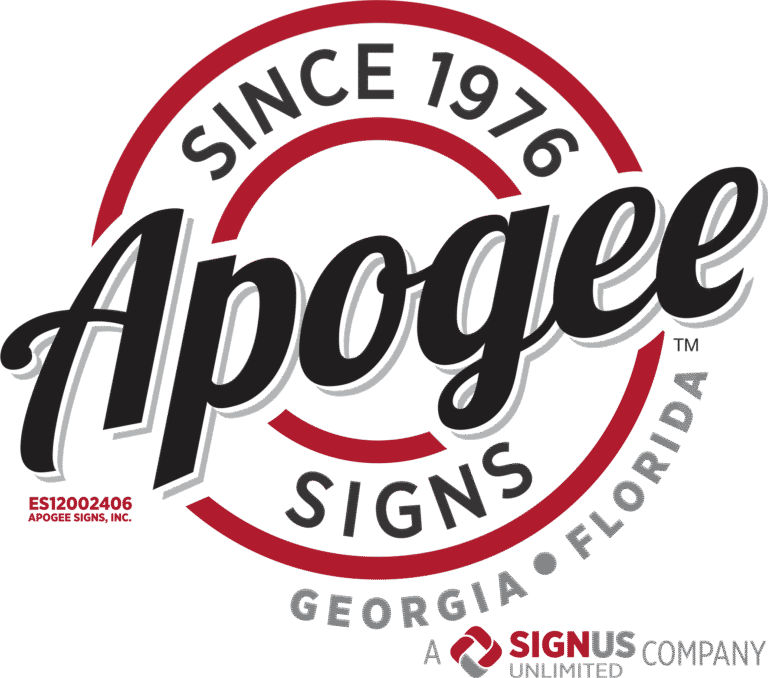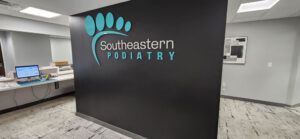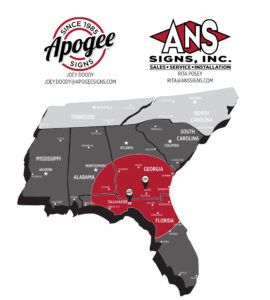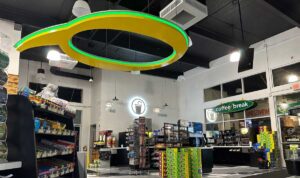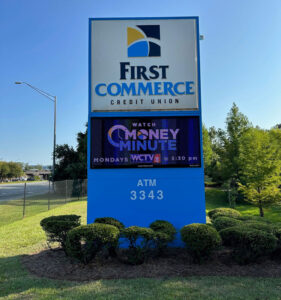 Digital sign printing has become a popular and effective way to create high-quality signage for businesses and organizations. With advancements in technology, digital printing allows for precise and accurate color reproduction, ensuring that graphics and text are sharp and vibrant on the signage created. This printing method offers greater flexibility and customization options, as designs can be easily modified and adjusted on a computer before printing. Additionally, digital sign printing can accommodate a wide range of materials, including vinyl, fabric, and paper, allowing for versatility in signage application. Another advantage of digital printing is its quick turnaround time, making it a great choice for businesses with tight deadlines. With its efficiency, accuracy, and versatility, digital sign printing has revolutionized the way businesses and organizations create and display their signage.
Digital sign printing has become a popular and effective way to create high-quality signage for businesses and organizations. With advancements in technology, digital printing allows for precise and accurate color reproduction, ensuring that graphics and text are sharp and vibrant on the signage created. This printing method offers greater flexibility and customization options, as designs can be easily modified and adjusted on a computer before printing. Additionally, digital sign printing can accommodate a wide range of materials, including vinyl, fabric, and paper, allowing for versatility in signage application. Another advantage of digital printing is its quick turnaround time, making it a great choice for businesses with tight deadlines. With its efficiency, accuracy, and versatility, digital sign printing has revolutionized the way businesses and organizations create and display their signage.
Below we have listed the most frequently asked questions that we receive about digitally printing signage.
What is the resolution and quality of digital sign printing compared to traditional methods?
Digital sign printing can achieve high-resolution and photographic-quality results, often surpassing the quality of traditional methods for detailed graphics and images.
Can digital sign printing handle large format and outdoor signage?
Yes, digital sign printing is well-suited for large format and outdoor signage, as it can print on a variety of durable materials designed for outdoor use.
What types of materials can be used for digital sign printing?
Materials commonly used in digital sign printing include vinyl, canvas, fabric, paper, foam board, acrylic, metal, and more, depending on the application.
Are there any limitations to digital sign printing in terms of materials?
Some materials, such as certain textured or extremely thick substrates, may be challenging to print on with digital technology. However, advances in equipment have expanded the range of printable materials.
How long does it take to print a digital sign?
Printing times vary depending on the size, complexity, and quantity of signs. Small signs can be printed in minutes, while larger or more complex projects may take several hours or more.
What are the cost considerations for digital sign printing?
Costs depend on factors like material, size, and quantity. Digital printing is often cost-effective for short runs, but the price per unit can decrease with larger quantities.
Can digital sign printing accommodate variable data and customization?
Yes, digital sign printing excels at variable data printing, allowing for customization of each printed item with unique information, such as names, addresses, or images.
What file formats are typically used in digital sign printing?
Common file formats include PDF, AI (Adobe Illustrator), EPS, and high-resolution image formats like TIFF or JPEG.
Are there any color limitations in digital sign printing?
Digital sign printing can reproduce a wide gamut of colors, including Pantone spot colors and full-color photographic images.
How durable are signs printed using digital printing technology?
Durability depends on the material used. Signs printed on vinyl, for example, are typically long-lasting and weather-resistant for outdoor use.
Can digital sign printing be used for temporary or permanent signage?
Digital sign printing can be used for both temporary and permanent signage, depending on the materials chosen and the intended lifespan of the sign.
What is the difference between UV-curable and solvent-based digital printing in sign making?
UV-curable ink dries instantly under UV light and is suitable for a wide range of substrates. Solvent-based ink requires time to off-gas and is often used for outdoor applications.
Are there any environmental considerations with digital sign printing?
Some eco-friendly options, such as eco-solvent or latex inks, are available in digital printing to minimize environmental impact. Recycling and proper disposal of materials are also important considerations.
What is the process for designing and preparing files for digital sign printing?
Designers create digital files using graphic design software, ensuring proper resolution and color profiles. These files are then sent to the printer for production.
Can digital sign printing reproduce complex graphics and images accurately?
Yes, digital sign printing is capable of accurately reproducing intricate graphics, photographs, and detailed designs with high precision.
For more information or to request a quote for digital sign printing visit our Digital Sign Printing page.
